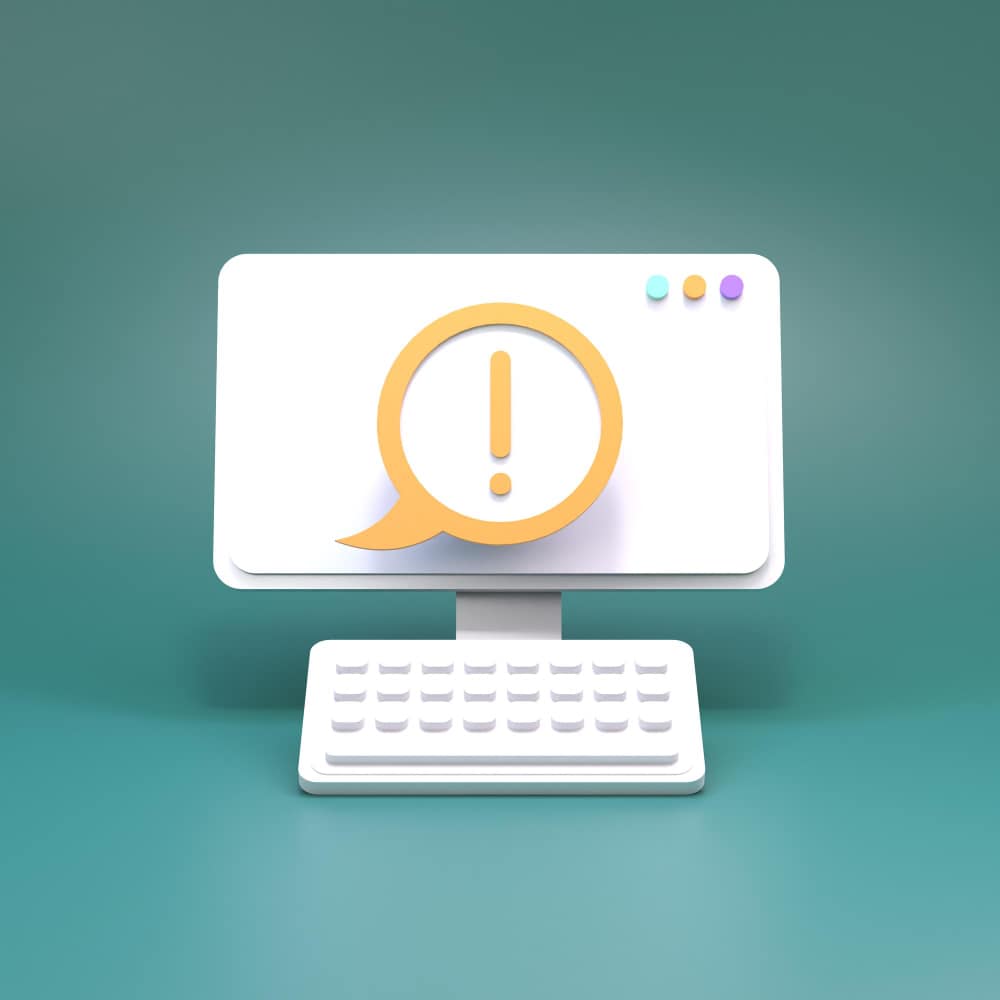
Developing Critical Thinking and Analytical Skills
In today's complex and rapidly changing world, critical thinking and analytical skills are essential for success in both professional and personal endeavors. These skills enable individuals to analyze information, evaluate arguments, solve problems, and make informed decisions based on evidence and reasoning. In this article, we will explore strategies for developing and honing critical thinking and analytical skills.
1. Question Assumptions and Biases: Critical thinking begins with questioning assumptions and biases inherent in our thinking process. Challenge preconceived notions, beliefs, and biases by examining evidence objectively and considering alternative perspectives. Be open-minded and willing to reconsider your opinions in light of new information or perspectives.
2. Develop Information Literacy: In today's digital age, information is readily available, but not all information is reliable or accurate. Develop information literacy skills to discern credible sources from unreliable ones. Evaluate the credibility, authority, and relevance of sources, and critically analyze information for bias, misinformation, or logical fallacies.
3. Practice Active Listening and Observation: Active listening and observation are fundamental to analytical thinking. Pay close attention to verbal and nonverbal cues, ask probing questions, and seek clarification to fully understand complex issues or situations. Observe patterns, trends, and relationships in data or information, and look for underlying causes or implications.
4. Evaluate Arguments and Evidence: Analytical thinking involves evaluating arguments and evidence systematically to assess their validity and reliability. Identify the main claims or arguments presented, examine the evidence supporting them, and assess the logical coherence and consistency of the reasoning. Look for gaps, inconsistencies, or assumptions that may weaken the argument.
5. Apply Logical Reasoning and Problem-Solving Skills: Logical reasoning and problem-solving skills are essential components of analytical thinking. Break down complex problems into manageable components, identify key variables or factors, and analyze their interrelationships. Use deductive and inductive reasoning to draw logical conclusions based on available evidence and information.
6. Seek Diverse Perspectives and Feedback: Embrace diverse perspectives and feedback as opportunities for learning and growth. Engage with individuals from different backgrounds, disciplines, or viewpoints to gain new insights and broaden your understanding of complex issues. Solicit feedback from peers, mentors, or subject matter experts to challenge your assumptions and refine your thinking.
7. Practice Reflective Thinking: Reflective thinking involves introspection and self-assessment to analyze your thoughts, actions, and decisions critically. Take time to reflect on your experiences, successes, and failures, and identify lessons learned or areas for improvement. Consider how your biases, assumptions, or emotions may influence your thinking process, and strive to develop greater self-awareness and self-regulation.
8. Cultivate Curiosity and Creativity: Curiosity and creativity are essential catalysts for analytical thinking. Cultivate a curious mindset by asking questions, exploring new ideas, and seeking out novel solutions to problems. Embrace uncertainty and ambiguity as opportunities for exploration and innovation, and challenge yourself to think outside the box.
9. Engage in Analytical Activities and Exercises: Engage in activities and exercises that stimulate analytical thinking and problem-solving skills. Solve puzzles, riddles, or brainteasers that require logical reasoning and deduction. Analyze case studies, scenarios, or real-world problems to practice applying analytical skills in practical contexts.
10. Continuous Learning and Improvement: Finally, recognize that developing analytical thinking skills is an ongoing process that requires continuous learning and improvement. Stay curious, adaptable, and open to new ideas and perspectives. Seek out opportunities for further education, training, or skill development to enhance your analytical capabilities over time.
In conclusion, developing critical thinking and analytical skills is essential for navigating the complexities of the modern world and achieving success in various aspects of life. By questioning assumptions and biases, developing information literacy, practicing active listening and observation, evaluating arguments and evidence, applying logical reasoning and problem-solving skills, seeking diverse perspectives and feedback, practicing reflective thinking, cultivating curiosity and creativity, engaging in analytical activities and exercises, and committing to continuous learning and improvement, you can sharpen your analytical thinking skills and make more informed decisions in both professional and personal contexts. Remember that analytical thinking is a skill that can be cultivated and refined with practice and persistence, so embrace opportunities to challenge yourself and expand your analytical capabilities.







































